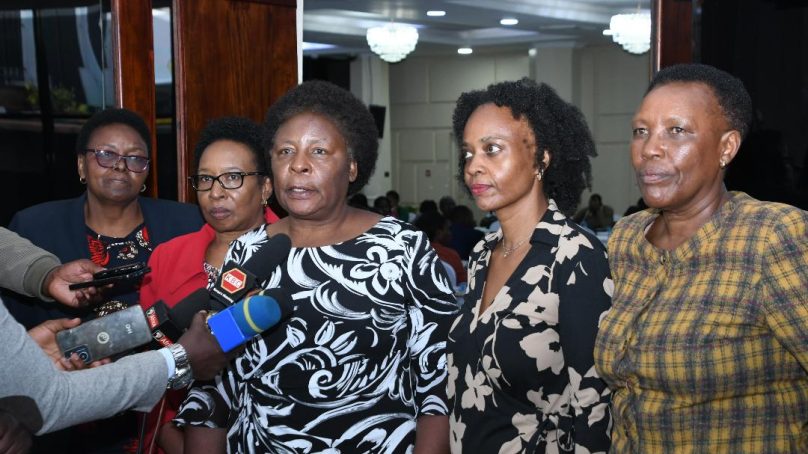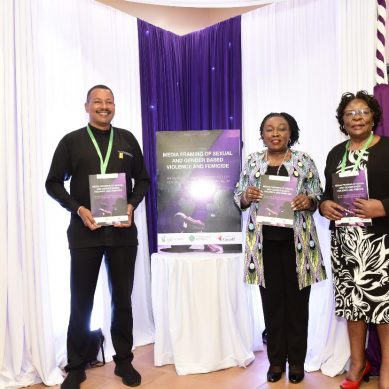
Kenya’s economy loses over Ksh41 billion ($317 million) per year as a result high incidence of gender-based violence and femicide, according to the technical working group on GBV and femicide.
During a plenary session of the working group at Kenyatta International Convention Centre (KICC) in Nairobi, Working Group on GBV and Femicide Chair Nancy Baraza said the crimes are draining the country’s economy and needed to be confronted robustly.
“Ksh41 billion ($317 million) per annum is a lot of money,” said Baraza, pointing out that because of this massive loss, the country needs to treat or deal with GBV and femicide firmly, so it can reinvest the resources and time into the wobbling economy.
She said the working group was advised by scholars from select local universities who provided useful data that can be used to assess, review and recommend measures to strengthen policy, legal and institutional response to GBV and femicide.
“We have also received submissions from various scholars, including anthropologists and sociologists, gender mainstreaming experts, theologians from different local universities who have given us different perspectives on GBV and femicide,” she said.
Dr Baraza said Kenyatta University Women’s Economic Empowerment Hub (KU-WEE) Hub has confirmed the economic statistics that the country loses more than Ksh41 billion ($317 million) per annum because of GBV and femicide.
She said KU-WEE Hub is known for researching and putting in place mechanisms for women empowerment so they move out of abusive relationships.
“KU-WEE Hub has addressed the working group on the impact of GBV on the economy, and given us very specific figures on what GBV including femicide does to our economy,” she said.
The chair further said that there is a direct link between economic disempowerment of women and GBV. She noted that women who suffer gender-based violence mostly are the economically disempowered. Also, she noted, with concern that occurrences of cases of GBV including femicide in local universities as something that is worrying and alarming.
She said, “There is something called ‘bus fare’ mentioned by young people that could be a possible reason to increased cases of GBV and femicide. Young people who are commenting on it say this ‘bus fare’ thing is quite serious and that apparently, the ‘bus fare’ comes from the men and when certain conditions of the ‘bus fare’ are not met, it sometimes leads to GBV, including femicide,” she said.
In Kenya, ‘bus fare’ is a colloquial or slangy reference by youth to a financial gift given to a woman. Baraza said studies from the universities reveal that young people fear to report GBV and femicide incidents.
“They don’t even want to tell their parents. The next thing you hear is worse. It’s now graduated from being a GBV case to a femicide case,” she said. “We have several other propositions as to why GBV and femicide is happening. It is something that we are looking into.”
She noted that the government needs to empower our police officers, our chiefs, and other relevant authorities so that they are informed and trained on how to receive cases of GBV, including femicide, so that they don’t stigmatize the victims.
- A Tell Media / KNA report / By Anita Omwenga







